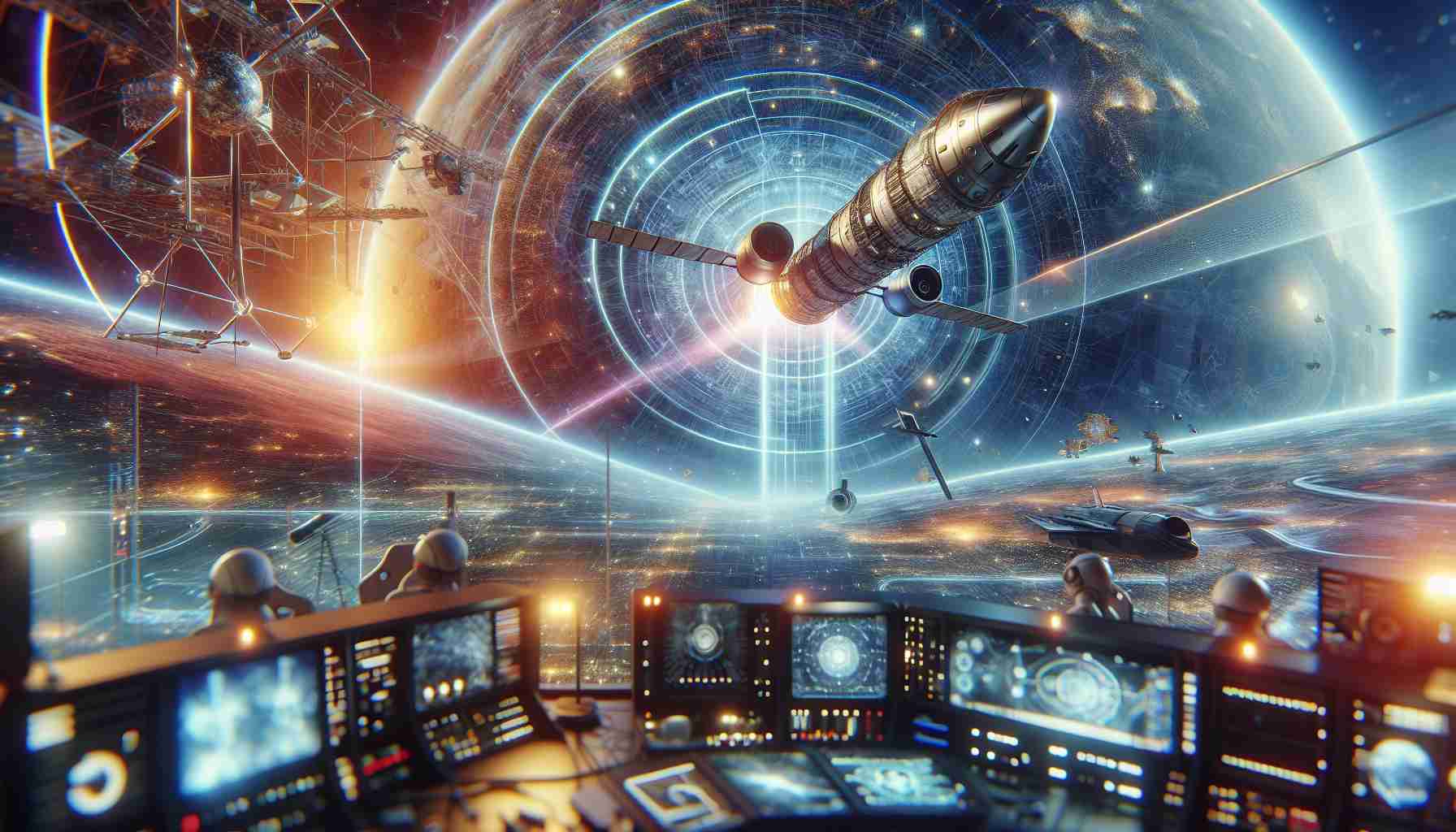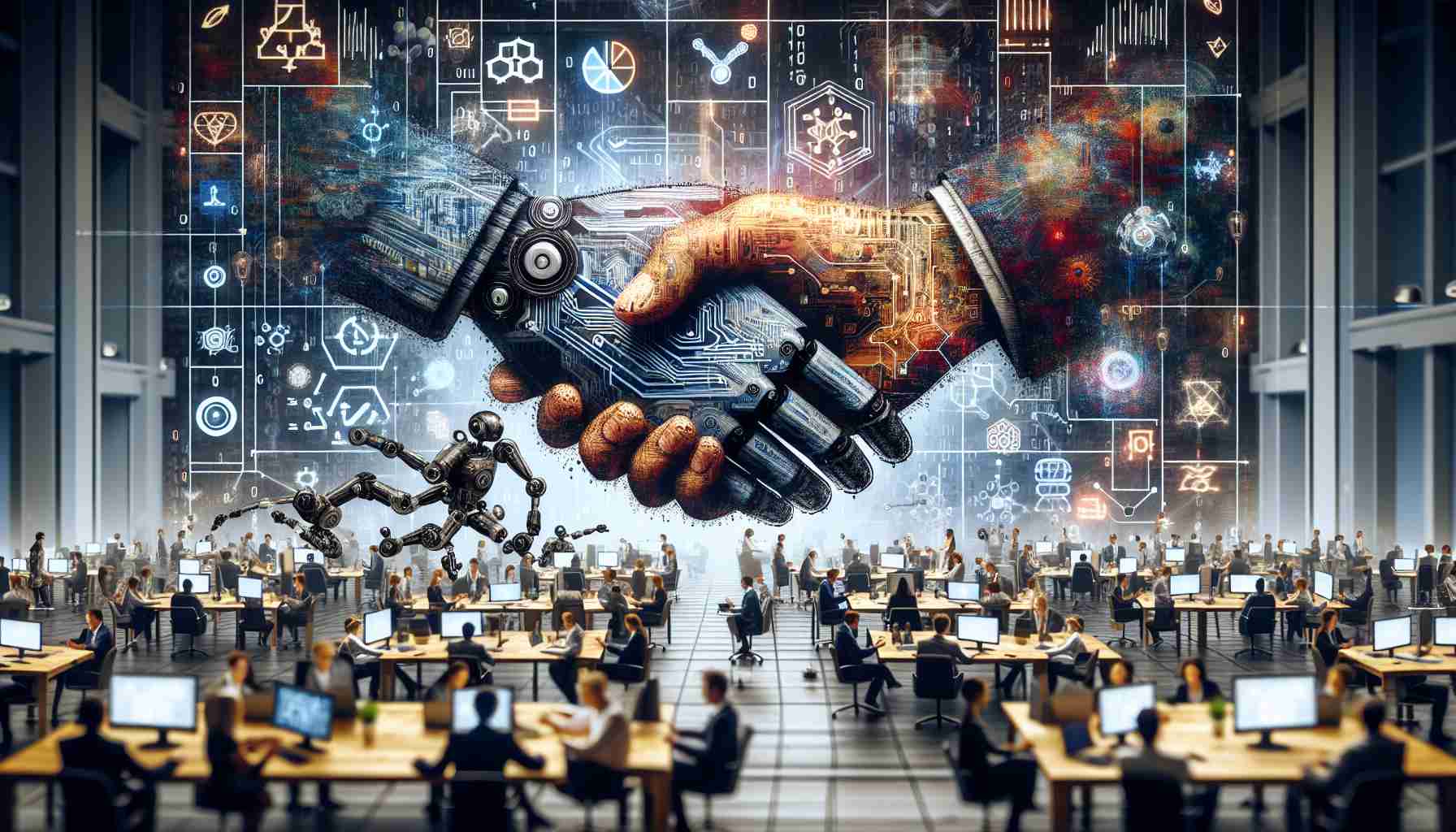In a shift away from traditional methods, individuals are increasingly turning to artificial intelligence tools to aid in creative endeavors. A recent study explored how AI can influence storytelling, highlighting its potential to enhance individual creativity and enjoyment of the creative process. The research team, led by Anil Doshi from the University College London, engaged over 300 non-professional volunteers to act as “authors” in an experiment assessing AI assistance in storytelling.
Participants were divided into groups and tasked with creating a story based on specific themes while receiving varying levels of AI help. Those who received AI-generated story ideas reported a 10% increase in individual creativity and a 22% higher enjoyment of the storytelling process, particularly in terms of plot structure and twists. However, collectively, stories co-written with AI showed more similarities due to authors heavily relying on AI-generated ideas.
The study also emphasized the potential risks associated with excessive dependence on AI tools before cultivating one’s own creative skills. Doshi suggested a balanced approach, encouraging individuals to consider how AI can complement their unique talents while preserving their individuality in creative projects. This research underscores the need for creators to reflect on how they can integrate AI tools effectively to maximize their creative output while staying true to their personal style and vision.
The Impact of AI on Storytelling Creativity: Exploring New Frontiers
In the realm of storytelling creativity, the integration of artificial intelligence (AI) tools continues to spark both excitement and debate among creators and scholars alike. While previous research has highlighted the positive effects of AI assistance on individual creativity and project enjoyment, there are additional facets to consider in this evolving landscape.
Key Questions:
1. How does AI influence the originality of storytelling content?
2. What are the ethical implications of utilizing AI in creative endeavors?
3. Can AI truly replicate human emotional depth and connection in narratives?
New Insights:
One significant aspect to ponder is the potential impact of AI on the diversity of storytelling voices. While AI can offer valuable suggestions and streamline the creative process, there is a risk of homogenization as creators may lean heavily on AI-generated ideas, resulting in similar narratives. Balancing innovation with authentic individual expression remains a critical challenge.
Moreover, the ethical dimensions of AI in storytelling merit examination. Concerns regarding data privacy, ownership of AI-generated content, and the amplification of certain perspectives through AI algorithms raise complex ethical dilemmas that necessitate careful consideration and guidelines for responsible AI usage in creative realms.
Advantages and Disadvantages:
The advantages of AI in storytelling are evident in its potential to inspire new ideas, enhance plot development, and increase project efficiency. AI tools can serve as invaluable resources, especially for novice creators seeking guidance and structure in their storytelling endeavors.
On the flip side, overreliance on AI may hinder the cultivation of one’s creative skills and hinder the exploration of unconventional narrative paths. The risk of losing touch with one’s unique voice and creative intuition looms large when AI becomes the dominant force shaping storytelling processes.
Challenges and Controversies:
One pressing challenge revolves around striking a harmonious balance between AI assistance and human creativity in storytelling. How can creators harness the benefits of AI while preserving the essence of their storytelling style and vision? Finding this equilibrium requires thoughtful reflection and experimentation.
Amidst the ongoing discourse on AI’s role in storytelling, controversies persist regarding the extent to which AI can genuinely replicate the depth of human emotion and the nuanced complexities of human experiences in narratives. While AI can analyze data and patterns efficiently, the intricacies of human creativity and emotional resonance remain distinct realms that AI may struggle to fully emulate.
As creators continue to navigate the intersection of AI and storytelling creativity, the need for ongoing dialogue, ethical guidelines, and creative experimentation becomes paramount in shaping a future where AI serves as a catalyst for innovation without overshadowing the essence of human storytelling.
For further exploration of AI and storytelling creativity, visit UNESCO for insights into the intersections of AI, creativity, and ethical considerations in the digital age.






















